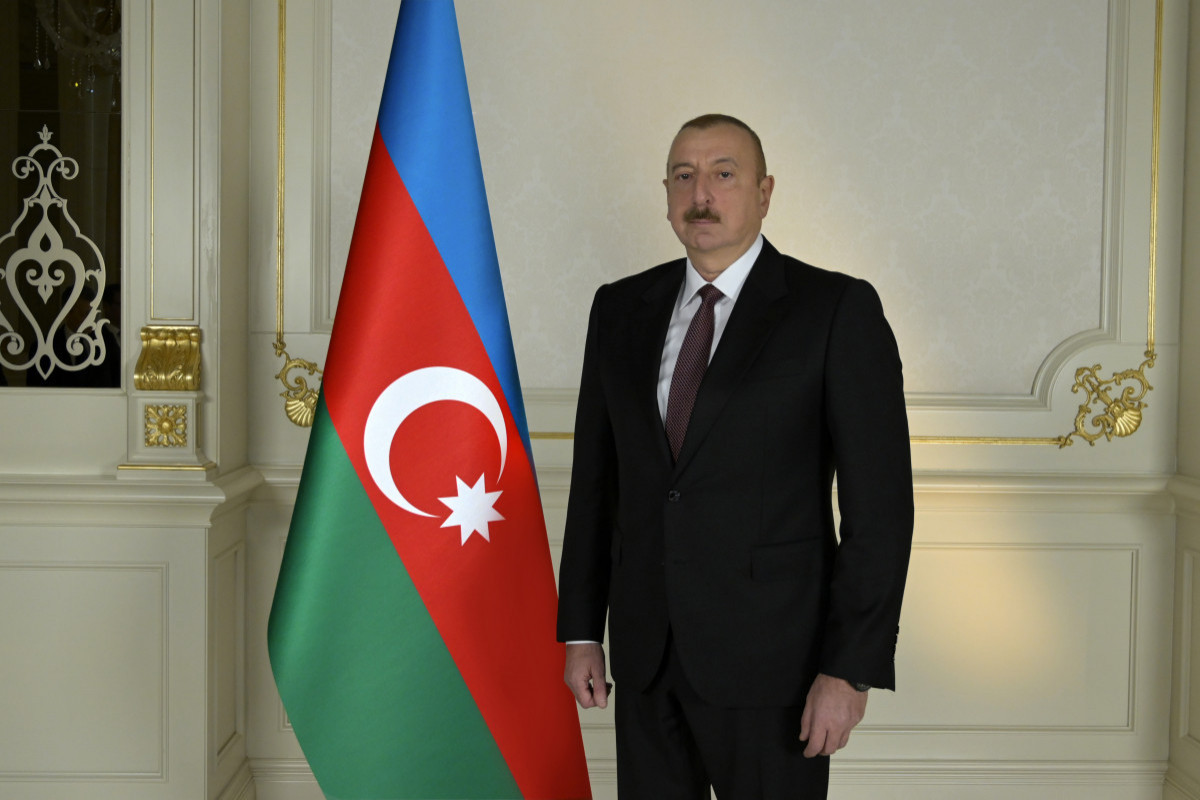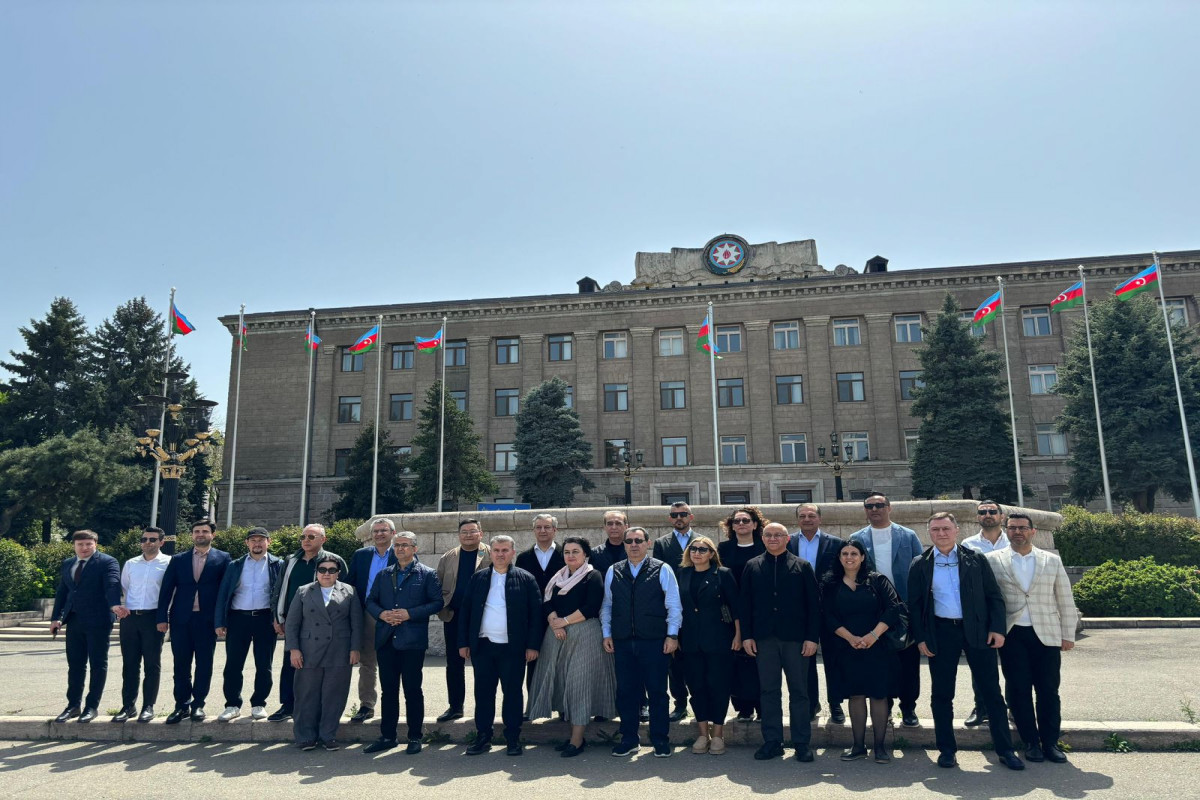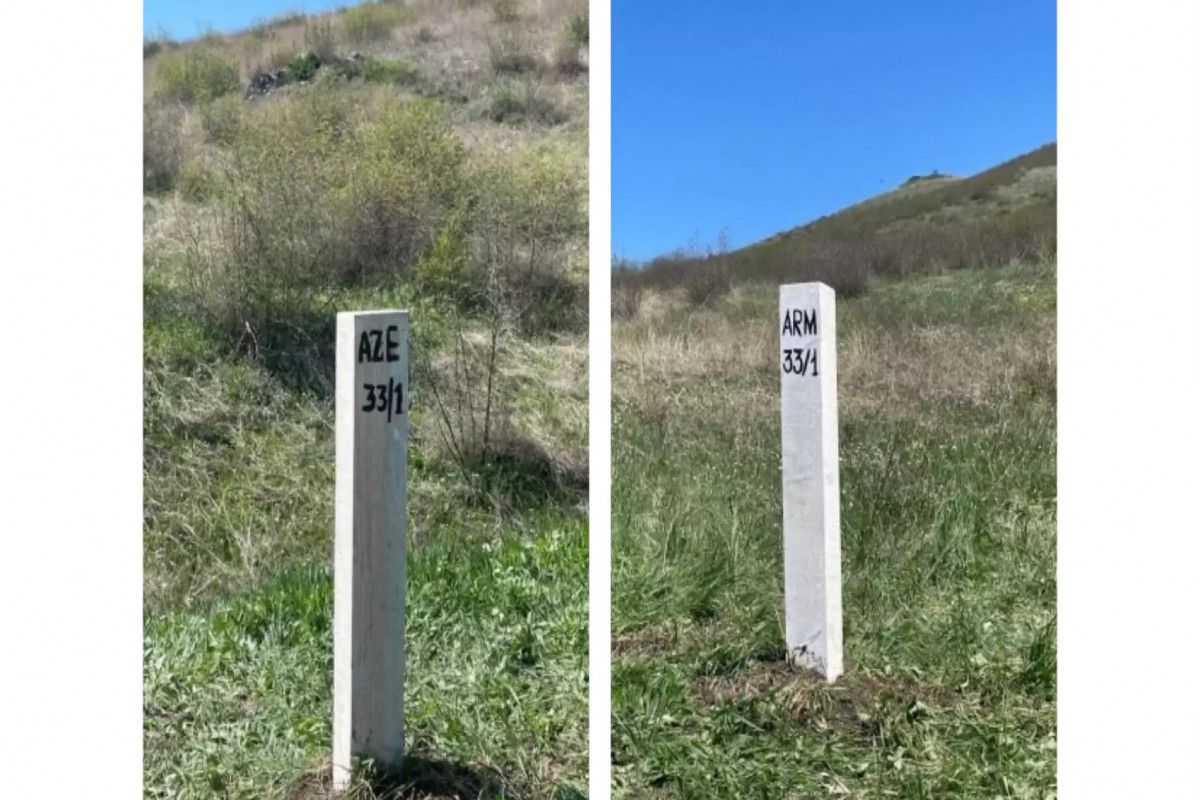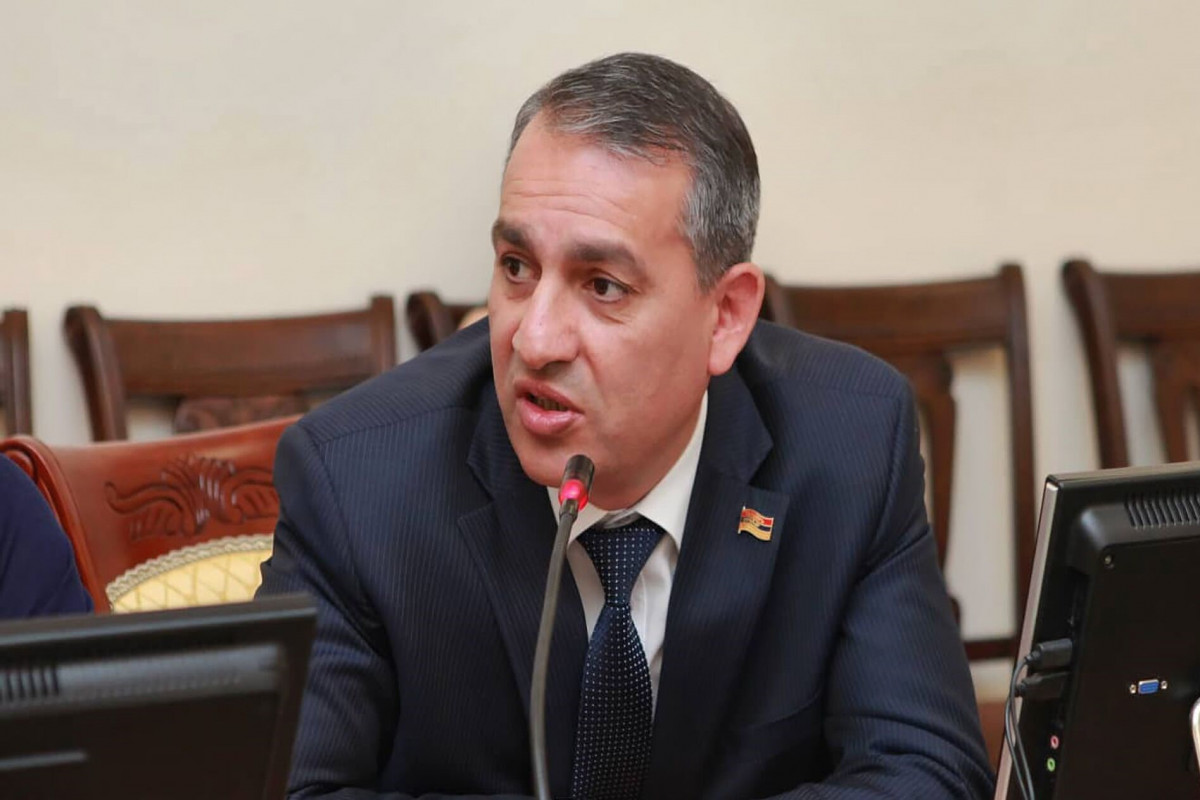Interview of Ambassador Extraordinary and Plenipotentiary of India to Azerbaijan Vanlalvawna Bawitlung to APA.
-Mr. Ambassador, on August 5th, India withdrew the special status of Jammu and Kashmir. What is the purpose of this step? What does Delhi intend to achieve by this decision?
- The purpose of the Government of India to non-operationalise certain provisions of the temporary Article 370 of the Indian constitution which gives special status to Jammu and Kashmir is to pursue the Government’s declared commitment to better governance and socio-economic justice. It should be noted that this decision is purely an internal matter of India. It does not, in any manner, change the boundaries of Jammu and Kashmir. By this decision, the Government of India will be able to effectively deliver benefits of development and socio-economic progress particularly to women and other disadvantaged groups similar to those that are available to the rest of the country. For instance, an order issued in 1954 under article 370 restricted employment, acquisition of property, settlements and educational provisions. As a result, investment in the economic progress of the State was seriously discouraged as no companies or individuals from outside of the state wish to invest in the economy of Jammu and Kashmir. Under the same article 370, women-residents of the State cannot pass on their properties to their children if they are married to non-residents. Similarly, under this article, women in Jammu and Kashmir were also denied representation in local bodies elections unlike in other parts of the country.
- Do you believe that withdrawing the status of Kashmir will solve the problem?
-The administrative efficiency and quality of governance in Jammu and Kashmir will drastically improve with the non-operationalisation of article 370. Jammu and Kashmir will now join the rest of India in its path of rapid economic growth.
It may be understood that large resources which have been allocated in the past (the US $ 40 billion during the period 2004-2019) by the Central government have not resulted in commensurate development of Jammu and Kashmir. In fact, the government has consistently allocated 10% of the national budget for Jammu and Kashmir which is around 1% of the country’s population.
-Withdrawing the special status of Kashmir has worsened the relations with Pakistan? Pakistan has suspended the trade and cultural exchange with India, expelled Indian diplomats. How has it affected India?
-You may have noticed that these are unilateral actions taken by Pakistan in our bilateral relations and we have asked them to reconsider their decision as we do not think this will help in the matter. The intention behind these measures is obviously to present an alarming picture to the world of our bilateral ties.
-What are the next steps India is going to take to solve the problem?
-The Government of India and local authorities in Jammu and Kashmir are making continuous efforts to improve the situation in Jammu and Kashmir. Essential supplies including 24 x 7 electricity, water supply and sanitation are being ensured. Hospitals and medical facilities are functioning normally and there is no shortage of medicines. Over 190 primary schools have reopened since 19 August and over 200 secondary schools have also reopened. It may be noted that since the decision of the Government related to Jammu and Kashmir, there has been no incident of major violence. Not even a single live bullet has been fired and there has been no loss of life.
The local authorities have also gradually relaxed some restrictions which were earlier imposed to maintain law and order including telecommunication facilities. Out of 197 police stations, 136 have significantly relaxed restriction.
- As known, the region is highly militarized. Do you consider that it is possible to avoid militarization through engaging in political dialogue?
-India is always ready to engage in a political dialogue bilaterally to resolve all issues.
- Mr. Ambassador, how do you evaluate the current status of relations between Azerbaijan and India? Are you satisfied with the level of political dialogue between the two countries?
- India and Azerbaijan enjoy close and warm relations which are based on our historical and cultural ties. We have maintained close contacts since Azerbaijan became an independent nation in 1991. In fact, India was one of the first countries to recognise Azerbaijan. In 2017, we celebrated the 25th anniversary of our diplomatic relations and we have established our resident Mission here in Baku since 1999.
The relations between India and Azerbaijan are multi-faceted covering political, economic, culture and people to people linkages. Our relations have also diversified and expanded over the years and we see a bright prospect and future for this relationship to scale new heights in the future.
- Mr. Ambassador, how can you comment on the economic and trade relations between Azerbaijan and India?
- The bilateral economic and trade relations between the two countries have also experienced healthy growth over the years. In fact, bilateral trade between the two countries has substantially grown from the US $ 50 million in 2005 to the US $ 922 million in 2018. There are over 200 Indian companies operating in Azerbaijan with over US $ 1.2 billion investments.
For our bilateral trade relations to grow, we need to encourage the business communities of the two countries to engage more. This could be achieved by promoting more frequent visits by business delegations from both sides including participation in major trade fairs organised in the two countries.
- Are Azerbaijan and India currently involved in the implementation of any joint projects?
- India and Azerbaijan are members of the International North-South Transport Corridor. We share the same interest in seeing its early operationalisation. We are also discussing concrete collaboration in the field of agriculture including in cotton research. Through Indian Technical and Economic Cooperation programmes, we provide training to government officials and other professionals from Azerbaijan on a regular basis. On the business side, our companies are collaborating in different areas including in the pharmaceutical, energy, hospitality etc.
- Are there any high-level bilateral visits planned for the nearest future Azerbaijan will host the Non-aligned movement conference on October 25-26. As we know, India is a member of the Non-aligned Movement (NAM). Who is going to represent India at the conference? Is PM Narendra Modi expected to attend the conference?
- We expect a high level participation from India at the NAM Summit which will be hosted by the Republic of Azerbaijan in October. We will share you the details as soon as they become available.
- How can you comment on the tourism relations? Is the increase of Indian tourists to Azerbaijan observed?
- There has been rapid increase in the number of tourists travelling from India. This is a testament that Azerbaijan is becoming an increasingly popular destination for Indian travelers. We would also like to see more tourists from Azerbaijan travelling to India.
- Are Indians interested in launching business in Azerbaijan or investing in the country?
- As I mentioned before, the fact that over 200 Indian companies are already operating in Azerbaijan at different levels is an indication that there is growing interest among the Indian business community to do business in Azerbaijan. I personally expect to see growth in this area in the foreseeable future.






